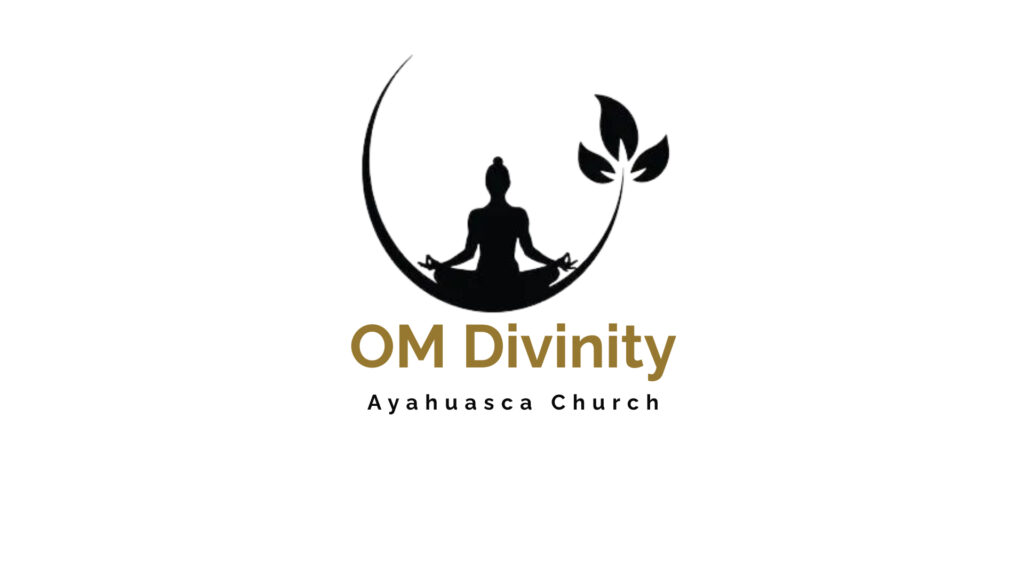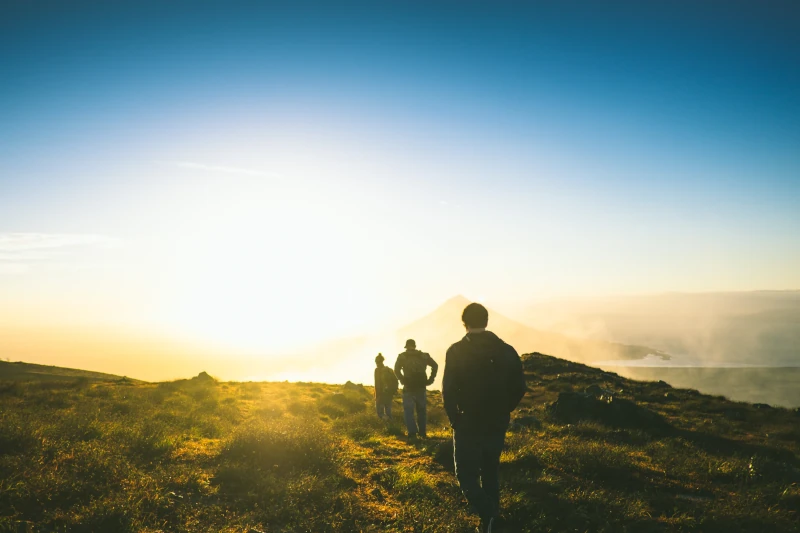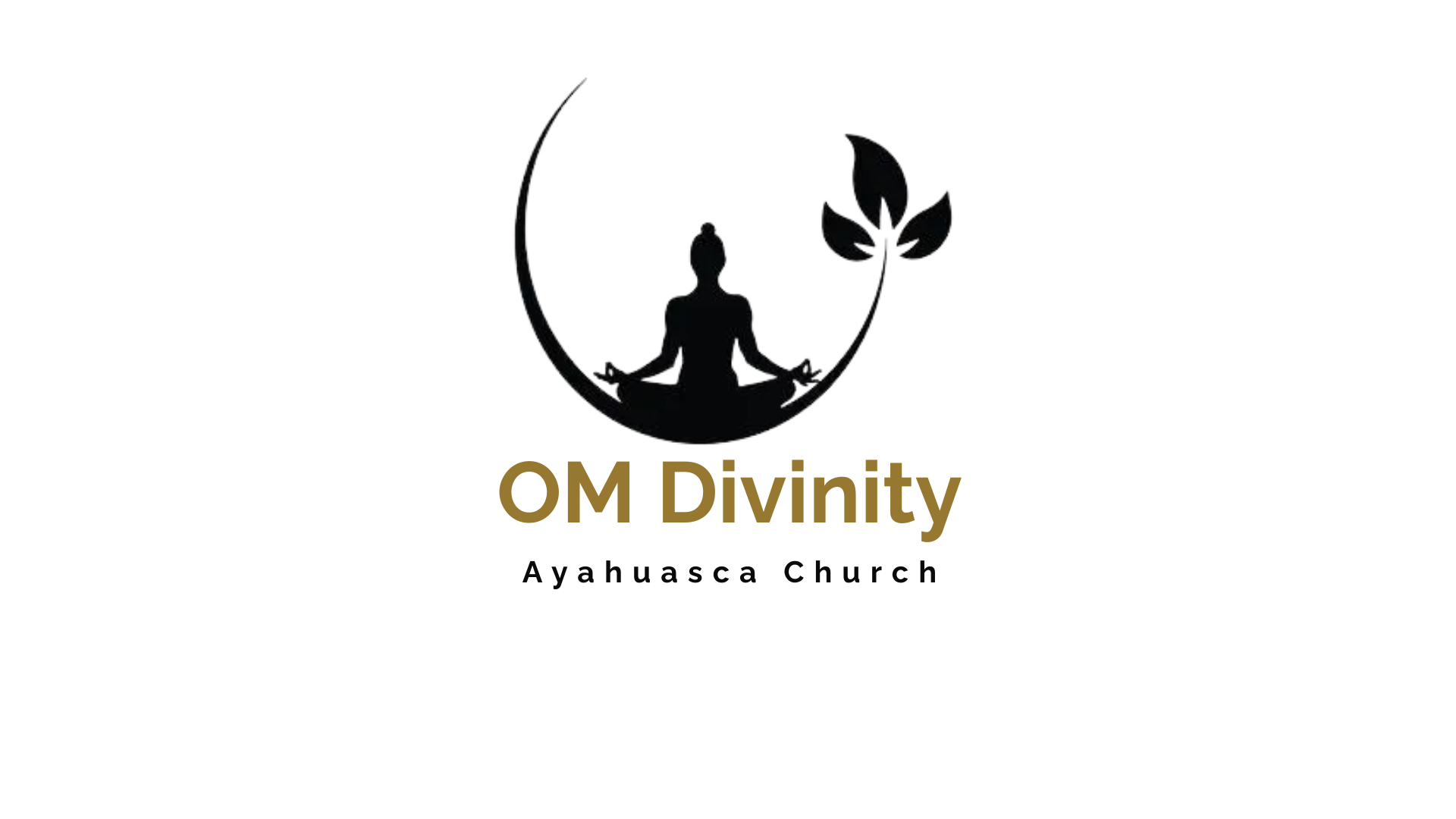In this detailed guide, we provide you with comprehensive information on Ayahuasca retreats in the USA, helping you make an informed decision about this transformative journey.
Introduction
Ayahuasca, a sacred brew with roots in indigenous South American cultures, has captured the imagination of people seeking profound experiences. In recent years, its popularity has surged in the USA, drawing attention for its potential to heal, transform, and expand consciousness. This comprehensive guide delves deep into the essence of Ayahuasca, exploring its origins, the reasons behind its growing popularity, and the guide’s purpose. As interest in Ayahuasca continues to grow, this guide aims to provide vital insights, empower prospective participants with knowledge, and promote responsible and respectful engagement with this ancient and powerful brew.
Definition and Origin of Ayahuasca
Ayahuasca, often referred to as the “vine of the soul,” is a potent psychoactive brew with deep roots in indigenous South American cultures, particularly within the Amazon rainforest. This mystical concoction is typically prepared by combining two primary ingredients: the Banisteriopsis caapi vine and the leaves of the Psychotria viridis shrub. The indigenous peoples of the Amazon, such as the Shipibo, Yagua, and Quechua, have used Ayahuasca for centuries in shamanic ceremonies for healing, divination, and spiritual exploration. It’s known for inducing profound altered states of consciousness, often accompanied by vivid visions and intense introspection. Ayahuasca’s cultural and spiritual significance, as well as its powerful psychoactive properties, have made it an object of fascination and research worldwide.
The Growing Popularity of Ayahuasca Retreats in the USA
In recent years, there has been an extraordinary surge in the popularity of Ayahuasca retreats in the USA. We can attribute this surge to various factors, including the increasing interest in alternative healing modalities, personal growth, and spiritual exploration. Ayahuasca, once a relatively obscure Amazonian tradition, is now a topic of mainstream conversation, thanks in part to media coverage, documentaries, and endorsements from public figures. As a result, numerous retreat centers across the USA now offer Ayahuasca experiences, drawing participants from diverse backgrounds and age groups. This growing phenomenon has raised questions about legality, safety, and the cultural and ethical aspects of Ayahuasca use, making it a subject of both fascination and debate in contemporary society.

Understanding Ayahuasca
Ayahuasca, a potent Amazonian brew, holds deep cultural and spiritual significance. It blends two plants to create a transformative experience. Indigenous cultures have used it for centuries, believing it connects them to the spirit world. Today, it fascinates people worldwide for its potential to heal and expand consciousness.
What is Ayahuasca?
Ayahuasca is a potent psychoactive brew with deep roots in indigenous Amazonian cultures. The Banisteriopsis caapi vine and the leaves of the Psychotria viridis shrub are its two main botanical components. When brewed together by experienced shamans, these plants create a powerful elixir known for its profound effects on consciousness. Ayahuasca induces altered states of perception, often accompanied by vivid visions, introspection, and emotional release. It holds a central place in the spiritual and healing practices of Amazonian tribes, serving as a bridge between the human and spirit worlds. In contemporary culture, Ayahuasca has gained global attention for its potential therapeutic and spiritual properties, making it a subject of fascination and research worldwide.
How Ayahuasca works on the mind and body
Ayahuasca’s effects on the mind and body are attributed to its active compounds, primarily DMT and MAOIs. When ingested, these substances alter neurotransmitter activity, leading to shifts in perception, emotions, and self-awareness. This results in intense visual and sensory experiences, often accompanied by deep introspection and emotional processing. Ayahuasca’s unique interaction with brain chemistry is believed to facilitate profound insights, personal growth, and spiritual exploration.
Legality and Safety
Navigating the legality and safety of Ayahuasca is essential. In the USA, Ayahuasca’s legal status is complex, with variations at federal and state levels. Safety precautions include thorough health assessments, dietary restrictions, and experienced supervision during ceremonies. Choosing reputable retreat centers with certified facilitators enhances safety. Ensuring compliance with legal regulations and prioritizing safety measures is crucial for a secure and enriching Ayahuasca journey.

Legal status of Ayahuasca in the USA
The legal status of Ayahuasca in the USA is complex and varies at federal and state levels. While the plants used to make Ayahuasca contain controlled substances, religious and ceremonial use exemptions exist under the Religious Freedom Restoration Act. However, these exemptions do not grant blanket legality. Federal authorities have, at times, taken action against Ayahuasca-related activities. State laws also vary, with some states allowing Ayahuasca ceremonies under specific conditions, while others have stricter regulations. It’s crucial for individuals to understand the legal landscape in their jurisdiction before participating in Ayahuasca ceremonies.
Safety Precautions for Ayahuasca Consumption
Ayahuasca consumption comes with potential risks, making safety precautions essential. Prior to participating in a ceremony, individuals should undergo physical and psychological assessments to ensure they are in good health and have no contraindications. It’s essential to disclose any medications or medical conditions to facilitators. During ceremonies, participants should follow guidelines provided by experienced facilitators, such as dietary restrictions and refraining from certain substances. Proper ceremony supervision and access to emergency medical support are vital for a safe experience. Integrating the experience afterward with mental health professionals can also enhance safety and well-being.
Finding Reputable and Legal Retreat Centers
Choosing a reputable and legal Ayahuasca retreat center is paramount to a safe and meaningful experience. Research retreat centers thoroughly, checking for certifications, licenses, and adherence to legal regulations. Reading reviews and testimonials from previous participants can provide valuable insights into a center’s credibility and safety record. Seek out centers that prioritize participant safety, provide comprehensive information about their practices, and offer pre-screening assessments. Reputable centers should also have experienced and trained facilitators or shamans who guide ceremonies responsibly and ethically. Conducting due diligence is crucial to ensure a positive and secure Ayahuasca journey.

Benefits of Ayahuasca Retreats
Personal Transformation and Healing
Ayahuasca retreats offer participants a profound opportunity for personal transformation and emotional healing. The brew’s unique properties often lead to deep introspection, allowing individuals to confront unresolved issues and emotional traumas. Many report experiencing a cathartic release of repressed emotions, which can be therapeutic and liberating. Ayahuasca’s capacity to facilitate self-discovery and inner healing has drawn people seeking relief from conditions like depression, anxiety, and addiction. It offers a pathway to navigate and heal emotional wounds, fostering a renewed sense of well-being and personal growth.
Spiritual and Psychological Growth
Ayahuasca journeys are known for their potential to foster spiritual and psychological growth. The brew can induce profound spiritual experiences, often characterized by a sense of interconnectedness with the universe and encounters with higher states of consciousness. Participants frequently report gaining valuable insights into the nature of reality, their purpose in life, and the interconnectedness of all living beings. These experiences can lead to increased self-awareness, inner peace, and a deeper understanding of the human psyche. Ayahuasca’s capacity to facilitate spiritual and psychological growth has attracted those seeking profound insights and a deeper connection to the spiritual dimensions of existence.
What to Expect at an Ayahuasca Retreat
Preparation Before Attending
Before attending an Ayahuasca retreat, thorough preparation is essential. This involves not only physical but also mental and emotional readiness. Participants are often provided with guidelines on dietary restrictions, which typically include avoiding certain foods and substances in the days leading up to the ceremony. Emotional preparedness involves setting intentions and being open to the potential emotional and psychological experiences that Ayahuasca can bring. It’s a time for self-reflection and setting clear preferences for what one hopes to achieve during the retreat.
Ceremony Rituals and Procedures
The Ayahuasca ceremony itself is a central and profound aspect of the retreat. It typically occurs in a specially designated space, guided by experienced shamans or facilitators. The rituals and procedures can vary but often involve traditional practices, such as singing icaros (healing songs) and using specific instruments. Participants consume Ayahuasca and then lie down in a darkened space, awaiting the brew’s effects. The ceremony can last several hours, during which participants may experience intense visions, emotions, and insights. It’s a profoundly reflective and often transformative experience, guided by the shaman’s wisdom and the healing energy of the ceremony.
Post-Ceremony Integration
After the Ayahuasca ceremony concludes, the process of integration begins. This phase is crucial for making sense of the experiences and insights gained during the journey. It involves discussions with facilitators or group sharing sessions to help participants process their experiences, emotions, and revelations. Integration also emphasizes the application of newfound insights into daily life, assisting participants to carry the healing and growth from the ceremony into their everyday existence. It’s a period of reflection, emotional processing, and building a foundation for continued personal development beyond the retreat.

Types of Ayahuasca Retreats
Traditional vs. Modern Approaches
We can categorize ayahuasca retreats into two main approaches: traditional and modern. Traditional retreats often adhere closely to the indigenous practices of Amazonian tribes. They emphasize shamanic rituals, healing songs, and a deep connection to nature. Modern retreats may incorporate a more contemporary approach, blending indigenous traditions with elements of Western psychology and personal development. The choice between traditional and modern retreats depends on one’s preferences and the experience they seek, whether it’s a more traditional, culturally immersive journey or a blend of ancient wisdom with modern insights.
Group vs. Individual Experiences
Another distinction in Ayahuasca retreats is whether they offer group or individual experiences. Group retreats involve multiple participants sharing the ceremony space and often include communal activities and group discussions. These settings can provide a sense of community and support during the Ayahuasca journey. In contrast, some retreats offer individual or one-on-one experiences, where participants have a more private and personalized ceremony guided by a shaman or facilitator. The choice between group and individual experiences depends on one’s comfort level, preferences, and desired level of personal attention.
Specialized Retreats for Specific Goals
Ayahuasca retreats also come in specialized formats tailored to specific goals or intentions. These can include healing retreats focused on addressing specific emotional or psychological issues, such as trauma or addiction. There are also spiritual retreats aimed at deepening one’s spiritual connection and exploring higher consciousness. Some retreats cater to individuals seeking personal growth, self-discovery, or creative inspiration. Choosing a specialized retreat aligns with the specific intentions and objectives one has for their Ayahuasca journey, allowing for a more targeted and transformative experience.

Ayahuasca Practitioners and Shamans
Qualifications and Certifications
The qualifications and certifications of Ayahuasca practitioners and shamans are of paramount importance. Reputable practitioners often have extensive training in shamanic practices, which may include apprenticeships with experienced shamans from indigenous traditions. They may also possess certifications or recognition within their respective shamanic lineages. These qualifications demonstrate their expertise in guiding Ayahuasca ceremonies, their understanding of the brew’s effects, and their ability to ensure the safety and well-being of participants. Before choosing a practitioner or shaman, it’s advisable to inquire about their training, lineage, and certifications to ensure a trusted and experienced guide.
Importance of a Trusted Guide
Having a trusted guide, whether a practitioner or shaman, is crucial for a safe and meaningful Ayahuasca experience. These guides play a central role in creating a supportive and ceremonial environment, which can greatly influence the journey’s outcome. Experienced guides understand the nuances of Ayahuasca and can help participants navigate the often intense and transformative effects of the brew. They provide emotional support, lead ceremonial rituals, and are prepared to address any challenges that may arise during the journey. Trust and rapport with a guide are essential, as they can significantly impact the overall safety and effectiveness of the Ayahuasca experience.
How to Connect with Experienced Facilitators
Connecting with experienced Ayahuasca facilitators can be achieved through thorough research and networking. Attendees can seek recommendations from others who have participated in retreats, read online reviews, and explore retreat center websites for information about their facilitators. It’s essential to ask questions about a facilitator’s background, training, and experience. Many retreat centers provide detailed profiles of their facilitators, allowing potential participants to make informed choices. Attending retreats with a focus on safety, ethics, and professionalism increases the likelihood of connecting with experienced and trustworthy Ayahuasca guides.

Frequently Asked Questions (FAQs)
What is the history of Ayahuasca?
The history of Ayahuasca dates back centuries and is deeply rooted in the indigenous cultures of the Amazon rainforest. It has been used for shamanic rituals, healing, and spiritual exploration by tribes such as the Shipibo, Yagua, and Quechua.
Is Ayahuasca legal in all states?
Ayahuasca’s legality varies by state in the USA. While certain exemptions exist for religious and ceremonial use, it’s important to research the specific laws in your state and jurisdiction.
How can I prepare for an Ayahuasca retreat?
Preparation involves physical, mental, and emotional readiness. It often includes dietary restrictions, setting intentions, and engaging in self-reflection.
What should I bring to a retreat?
Packing essentials usually include comfortable clothing, personal items, and any specific items recommended by the retreat center, such as a sleeping bag or flashlight.
Are there any side effects of Ayahuasca?
Ayahuasca can have side effects, including nausea, vomiting, and intense emotional experiences. These effects vary from person to person.
How do I find a reputable retreat center?
Research retreat centers thoroughly, read reviews, and inquire about their certifications, facilitators, and safety measures.
What is the cost of attending an Ayahuasca retreat?
Costs vary widely depending on the retreat center, location, and duration. It’s essential to budget for retreat fees, travel, and additional expenses.
Can Ayahuasca help with specific mental health issues?
Ayahuasca has shown potential in therapeutic contexts, but its effects on mental health issues are still being studied. Consult with a healthcare professional for personalized advice.
What is the role of the shaman in Ayahuasca ceremonies?
The shaman guides the ceremony, sings healing songs, and provides spiritual support. They are experienced in Ayahuasca’s effects and help participants navigate their journeys.
Are there any long-term effects of Ayahuasca?
Long-term effects can include lasting changes in outlook, increased mindfulness, and personal growth. However, individual experiences vary.
Is Ayahuasca addictive?
Ayahuasca is not considered addictive in the same way as substances like opioids or nicotine. It does not create physical dependency, but some individuals may desire occasional use.
What are the spiritual benefits of Ayahuasca?
Ayahuasca is often associated with spiritual insights, including a sense of interconnectedness, encounters with higher consciousness, and a deeper understanding of one’s spiritual path.
Can I attend an Ayahuasca retreat if I have no prior experience?
Many retreats welcome beginners, but it’s important to choose a center that provides proper guidance and support for newcomers.
What if I have a medical condition or take medications?
Individuals with medical conditions or taking medications should consult with a healthcare professional before considering Ayahuasca, as interactions can occur.
Are there any age restrictions for Ayahuasca retreats?
Age requirements vary by retreat center, with some allowing participants as young as 18 and others setting a minimum age of 21 or higher.
How can I find support after attending a retreat?
Post-retreat support can be found through integration circles, therapy, or support groups. Some centers offer integration services.
Can Ayahuasca be used for recreational purposes?
Ayahuasca is traditionally used for spiritual and healing purposes and is not intended for recreational use. Responsible and respectful use is encouraged.
Conclusion
Recap of Key Takeaways
In this comprehensive guide, we’ve delved into the world of Ayahuasca, exploring its origins, cultural significance, and its growing popularity in the USA. We’ve discussed its potential benefits, the role of practitioners and shamans, and the importance of safety and legality.
Encouragement for Responsible and Informed Ayahuasca Exploration
As you consider embarking on an Ayahuasca journey, it’s vital to approach it with respect, responsibility, and thorough research. Ayahuasca has the potential to bring about profound transformation and healing, but it also comes with complexities and challenges. Seek trusted guides and reputable retreat centers, prioritize safety, and understand the legal landscape in your area.
The Journey Continues
Your exploration of Ayahuasca is a profoundly personal journey that may lead to self-discovery, healing, and spiritual growth. Remember that the insights gained during your experiences can extend far beyond the ceremony itself. Integration into your daily life is a vital part of this process, allowing you to apply newfound wisdom and insights for lasting positive change. May your Ayahuasca journey be one of insight, healing, and growth, guided by respect for the brew’s traditions and the wisdom of experienced practitioners.



